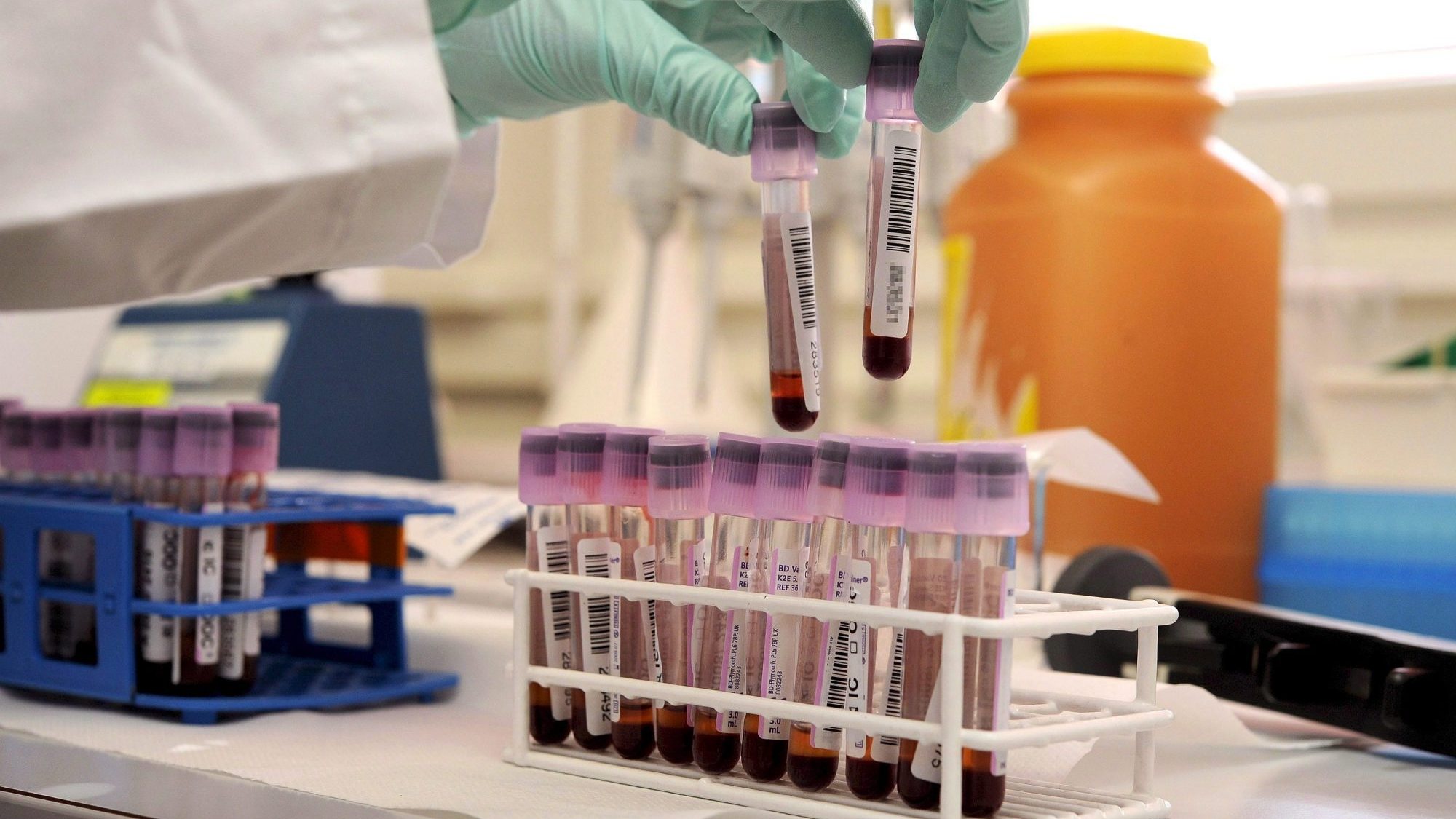A blood test can detect up to 50 types of cancer in people not yet diagnosed and without symptoms of the disease, according to research presented this Sunday at the Congress of the European Society of Medical Oncology in Paris.
The study, coordinated by oncologist Deborah Schrag, is presented as a pioneer in the early diagnosis of cancer, through a test that detects the presence of circulating tumor DNA in the blood, derived from the tumor and present in the bloodstream even before there is signs of disease in patients.
The research, carried out by oncologists at the Memorial Sloan Kettering Cancer Center (MSKCC) in New York, bases its results on a blood test performed on 6,621 people over 50 years of age without a diagnosis of cancer or symptoms of the disease.
Practically 99% of the universe tested were negative, that is, they had no signs of cancer, while signs of the disease were detected in 1.4%. Even so, of that 1.4%, only 38% had the diagnosis confirmed in a subsequent test.
With these results, oncologists understand that early detection of cancer with a simple blood test opens a new era to detect the presence of the disease and improve cancer mortality rates, as well as morbidity, but not incidence.
They argue that 38% of positive results in these patients is a “good” percentage and an important step towards early detection with this tool, while the fact that the test is capable of detecting 99% of negative results implies a “excellent” rate and demonstrates the ability of the test to rule out the presence of the tumor.
After the positive test, it took, on average, less than two months to confirm the diagnosis, in the case of confirmed cancer, and about three months, when the diagnosis was not confirmed, mainly because the doctors chose to do imaging studies and repeated them. a second time months later.
One drawback of the test is that false positives can lead to a series of invasive procedures for the patient, such as endoscopy or biopsies, but few study participants required these.
That, the research says, should help allay concerns that these tests could cause harm by causing unnecessary procedures in people who are well.
Oncologists also highlight the importance of this type of test for the diagnosis of cancers such as those of the pancreas, small intestine or stomach, for which there are no generalized screening options.
Source: Observadora
